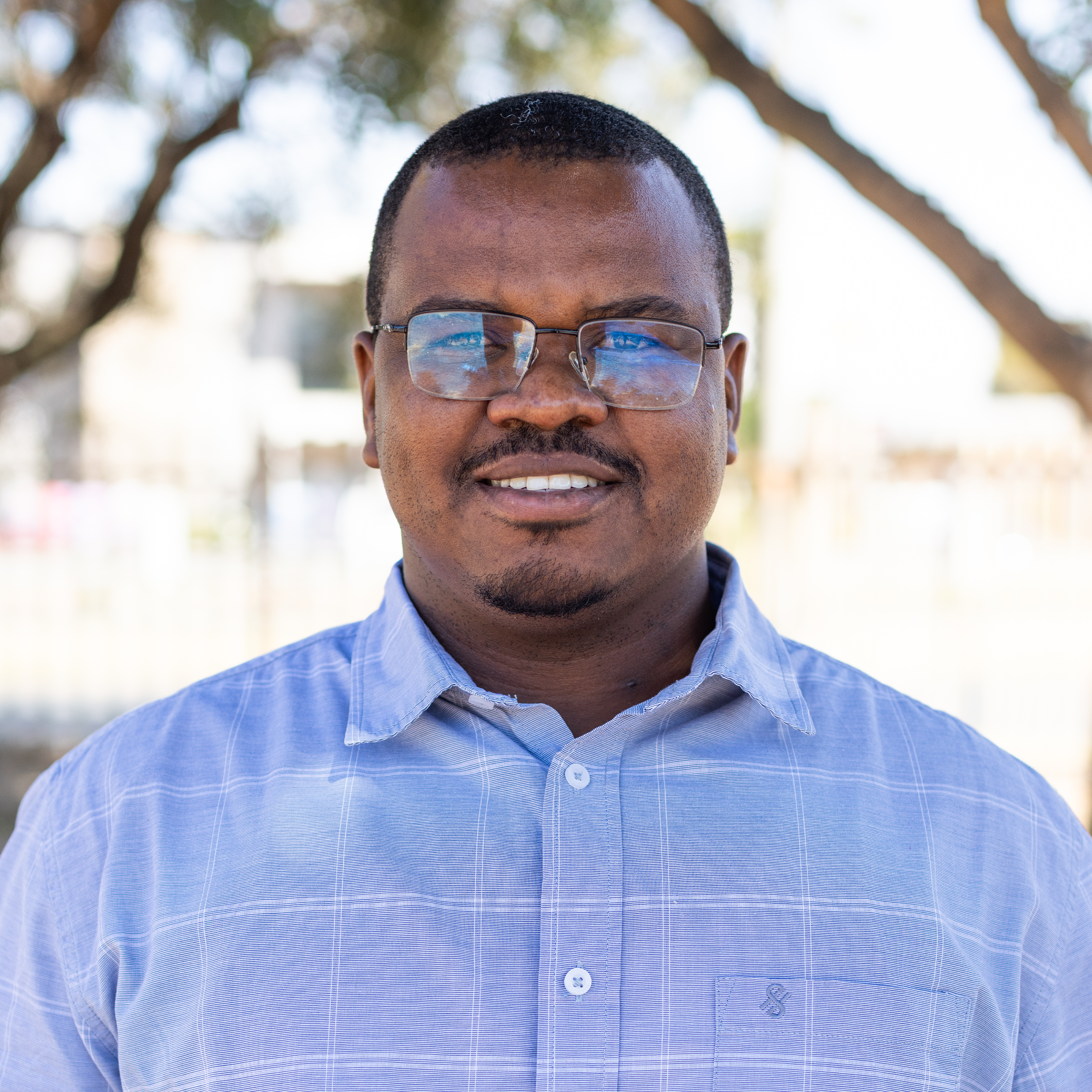A Brief History of the Church in Namibia
Namibia was a German colony between 1883 and 1915. Subsequently it was ruled by South Africa until 1990, when Namibia became an independent nation on the 21st March 1990.
The first missionaries to arrive in Namibia were Abraham and Christian Albrecht of the London Missionary Society (LMS). Coming from South Africa, they crossed the Orange River and established a mission station at Warmbad, in the deep south of Namibia in 1806. This happened some 35 years before David Livingstone set foot on African soil in March 1841.
In 1814 Johann Heinrich Schmelen established an LMS mission station at Bethanien — a strategic base from which other mission stations were planted. Other early missionary endeavours stemmed from the Wesleyan Missionary Society, and the Rhenish and Finnish missionary societies.
The early labours of German and Finnish Lutheran, and then Anglican, missionaries gave birth to large denominations. The work of Martin Rautanen (1845-1926), a Finish missionary, was a great example of a faithful, evangelical pastor. The work of his mission greatly contributed to the fact that Namibia today has a large Lutheran population. Most people in Namibia would call themselves Christians. Patrick Johnstone, co-author of Operation World says, ‘Namibia for long had the highest percentage of Christians for any country in Africa.’
The influence of European Liberal Theology has unfortunately eroded that spiritual heritage, and true discipleship and holy living are now in short supply and nominalism is widespread. There is a noticeable turning away from Christianity and a lack of openness to the gospel.
Namibia Today
The modern spiritual situation in Namibia has been shaped by four developments.
- Mainline Protestant churches have mostly succumbed to theological liberalism. True Evangelicals in these churches are few.
- Roman Catholicism has made significant contributions to hospitals, schools, and social action, but not to gospel preaching, personal evangelism, or true conversions.
- The Dutch Reformed Church, in tandem with Afrikaner nationalism, had pursued the doctrine of ‘separate development’ (apartheid) in its missionary activities and in its churches. This church’s credibility in the gospel has been severely undermined as a result, although there are exceptions. Following the demise of apartheid, a good number of Dutch Reformed missionaries are doing an excellent work in rural communities.
- The Pentecostal/Charismatic movement by and large (and with exceptions) has produced many unruly and undisciplined splinter groups. Dreams, visions, and spurious prophecies have dominated their proclamation, robbing the gospel of its true power. Namibia has struggled with the influx of so-called prophets and healers from Nigeria, Congo, Malawi, Zimbabwe, and elsewhere. These enrich themselves at the expense of those Namibian people who appear to be gullible and who are easily drawn to the prosperity teaching. This has led the Namibian government to become very wary of the new sects and churches which are springing up everywhere.
The net effect of these 4 different influences has amounted to the same thing – the authority and sufficiency of the Bible have been undermined in each case. This has gone hand in hand with a lack of expository, Christ-centred proclamation, along with a lack of emphasis on true repentance and discipleship.
Evangelicalism
Commitment to biblical preaching and the authority of Scripture has been in steep decline since the 1930’s. Solidly Evangelical denominations and churches are rare.
Since the 1960’s, some denominations historically known as solidly committed to the Evangelical cause commenced work in Namibia. Sadly, frequent missionary turnover and lack of perseverance, coupled with a lack of consistent teaching and incarnational living, have contributed to poor discipleship practises and biblical living among Namibian evangelicals. It is evident that many current Namibian Evangelical churches lack the marks of true biblical churches.
The Need for Reformation
The Namibian church is in dire need of Reformation. The SOLA SCRIPTURA principle needs to find renewed conviction among us. Flowing from this is a dire need for the reform of the practices of the Church. A sound ecclesiology needs to take hold of our churches. This relates to biblical pastoral leadership, biblical church discipline, biblical expository preaching, biblical evangelism and missions, and so on.
We are thankful that there is a small but growing Reformation movement found across the nation. Pray that God would continue to raise up courageous leaders across the land.
– Joachim Reick, Pastor, Eastside Baptist Church, Windhoek, Namibia





